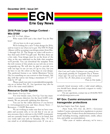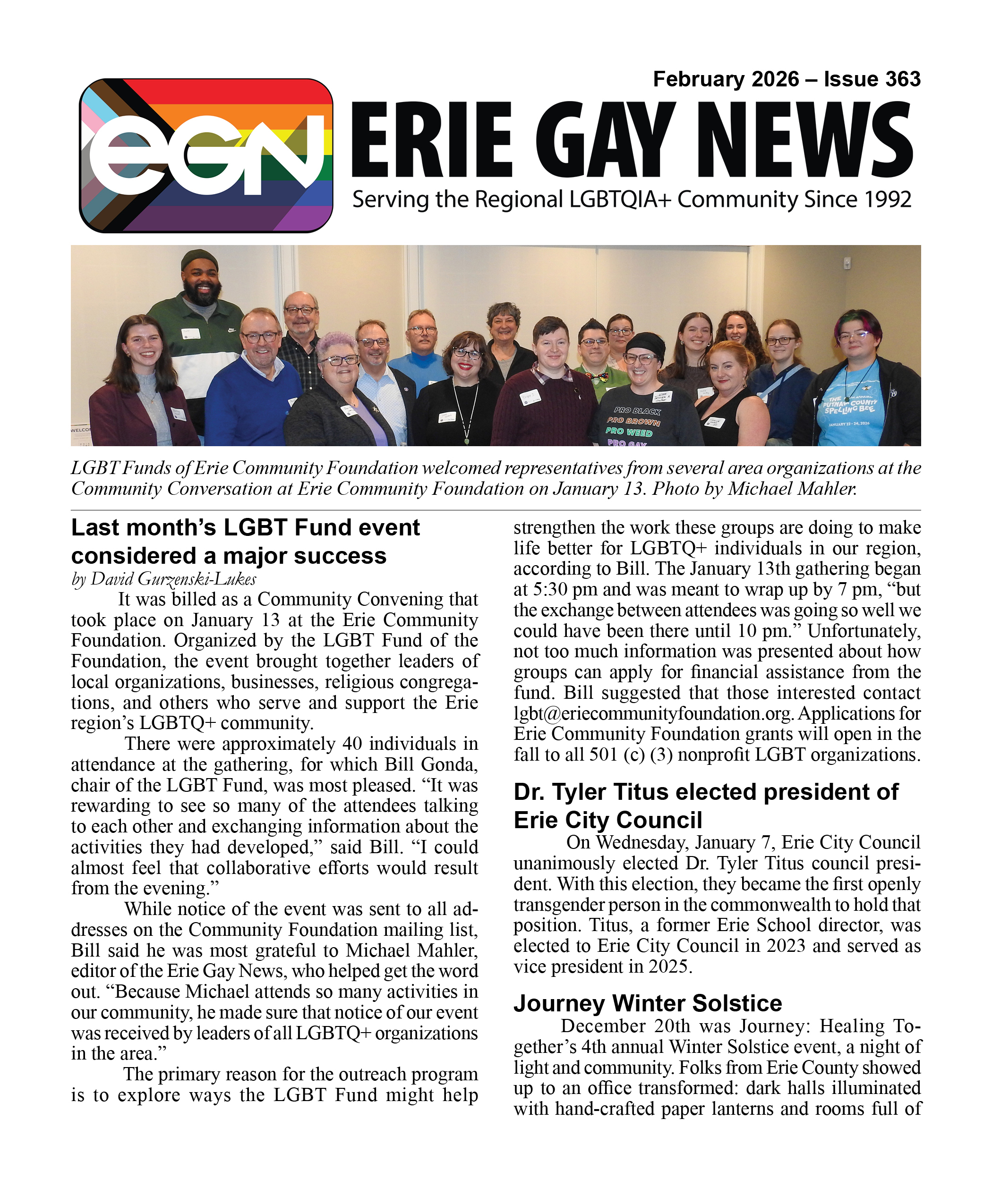New Report: Without Accurate Identity Documents, Transgender People Face Harassment and Discrimination
Denver, November 17, 2015 — A new brief released today by the Movement Advancement Project (MAP) reports that transgender people are often denied access to essential identity documents that reflect the gender that they live every day, exposing them to a range of discrimination and harms, including harassment, denial of employment, and more.
LGBT Policy Spotlight: Identity Documents Laws and Policies examines the state laws and policies that govern the processes by which people who are transgender are able to correct the name and gender marker on their identity documents so that those documents match the gender the person lives every day. The brief includes common sense policy recommendations to help ensure transgender people can access accurate identity documents.
From passports to driver's licenses, possessing identification that accurately reflects an individual's name and gender is essential in nearly every part of society. Whether an individual wants to apply for employment, open a bank account, or board an airplane, they must present documents or records to verify their identity. However, for many transgender individuals, obtaining accurate and consistent identity documents is challenging, and sometimes impossible. For example:
- Driver's Licenses: While most states allow transgender people to change the gender marker on their driver's license after presenting documentation such as a letter from a licensed medical professional, 14 states have burdensome surgical requirements that make it difficult or impossible for most transgender people to obtain an accurate license.
- Birth Certificates: Birth certificates can be required for obtaining everything from Social Security cards, passports, driver's licenses, and other identity documents. Updating a gender marker on a birth certificate can be very challenging, and only nine states and the District of Columbia allow individuals to change their gender marker on their birth certificate without surgical requirements or court orders.
- Name Changes: While state laws generally allow individuals to change their name, many states maintain outdated and onerous requirements such as requiring a person to publish notice of their name-change application at the local courthouse or in a local newspaper. Currently, 10 states have explicit requirements for public name-change announcements, and an additional 27 states have publication requirements that are circumstantial or left to an individual court's discretion. This poses significant privacy and safety concerns for transgender individuals who may face discrimination and violence if it becomes public that they are transgender.
Although a growing number of states and agencies have taken steps to update their laws and policies, many maintain outdated regulations with intrusive requirements and excessive costs. As a result, only 21% of transgender people have updated all of their identity documents to reflect the gender they live every day, and that number is lower for low-income transgender people and transgender people of color.
"Whenever transgender and gender non-conforming people present identity documents that do not match the gender they live every day, they can face discrimination, harassment, or violence," said Ineke Mushovic, executive director of MAP. "Considering that one-third of the transgender community is living without any identification that matches their lived gender, and that those numbers increase for low-income transgender people and transgender people of color, the potential for hostile treatment is a far-reaching and greatly restricts access to employment, housing, and public accommodations."
Updated daily, the Movement Advancement Project's Equality Maps track LGBT equality, populations, and other data by state. They provide up-to-date information on the status of state laws across a wide range of issues, from employment discrimination and relationship recognition to hate crimes protections and anti-bullying laws. The Equality Maps allow websites to embed the maps easily and for free. Visit www.lgbtmap.org/equality-maps to learn more.
The report is available at www.lgbtmap.org//policy-and-issue-analysis/policy-spotlight-identity-documents



